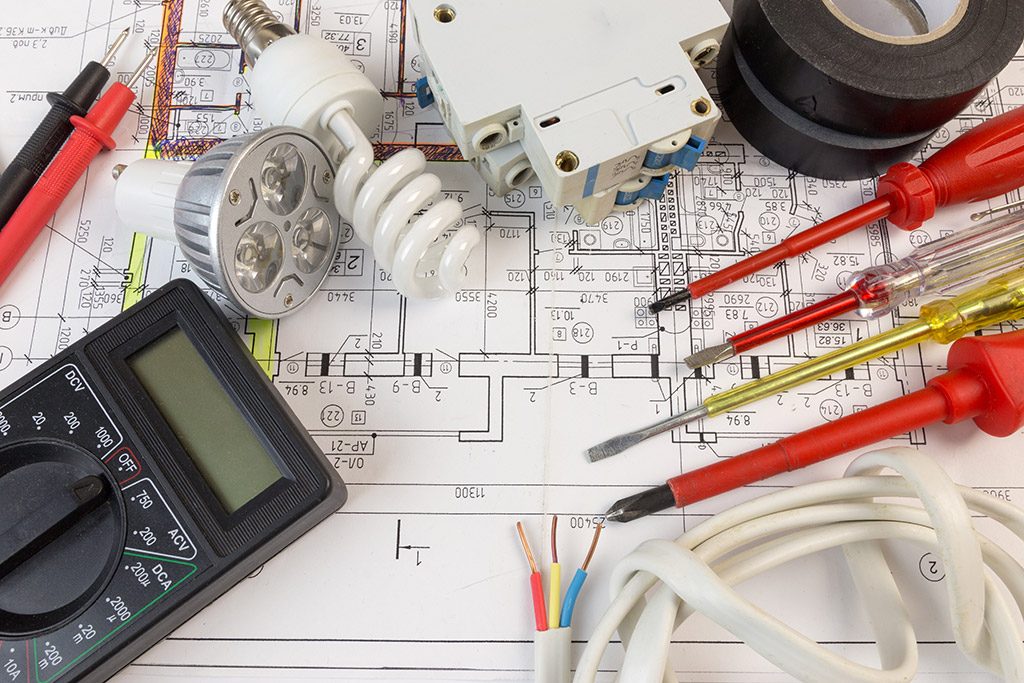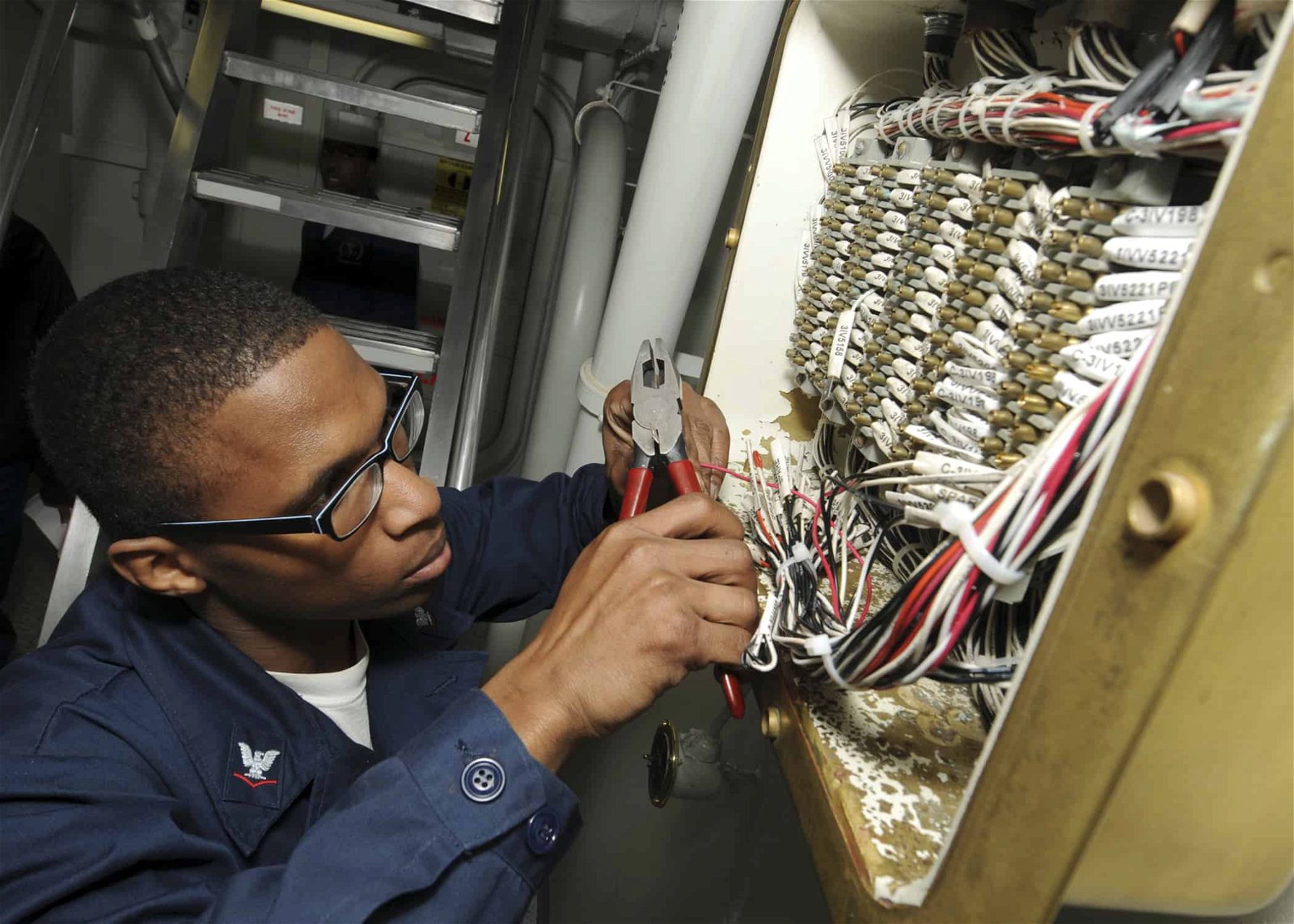Top-Notch BRE Electrical Services for Residential and Commercial Requirements
Checking Out the World of Electric Setup: Usual Mistakes to Avoid for a Smooth DIY Project
From making certain security measures are met to conforming with electrical codes, the journey into the globe of electric work demands focus to detail and precision. By being mindful of these risks and how to prevent them, you can browse the complex landscape of electrical setup with confidence and guarantee a smooth task implementation.
Inadequate Safety And Security Precautions
In electric installation projects, forgeting correct security precautions can lead to harmful circumstances that endanger both people and building. Poorly based electrical systems can lead to electrical surges and equipment damages. By sticking to safety protocols, consisting of appropriate training, making use of safety devices, and following regulations, individuals can minimize threats and promote a safe and secure electric installment environment.
Incorrect Wire Sizing

Wrong cord sizing can additionally impact the total performance of the electric system. Undersized cables can create voltage declines, resulting in poor efficiency of electric tools and devices. Extra-large cables, while not as harmful as undersized ones, can still lead to unnecessary expenses and ineffective use of resources.
To avoid these issues, it is essential to follow appropriate wire sizing guidelines based on the electric lots requirements of the setup. Consulting with a professional electrician or referencing the National Electrical Code (NEC) can assist ensure that the cables are sized correctly for a secure and reliable electrical installation.
Overlooking Grounding Requirements
One critical aspect typically disregarded in electrical installments is guaranteeing conformity with appropriate grounding demands. Grounding is an essential safety feature that protects against electrical shocks and prevents devices damages. Neglecting grounding demands can lead to significant effects, including the threat of electric shock, fire dangers, and equipment breakdown. To guarantee correct grounding, it is essential to adhere to the National Electrical Code (NEC) guidelines and local guidelines.
Grounding functions as a path for electrical currents to stream securely into see here now the earth, protecting against the buildup of excess voltage that could harm individuals or devices. It likewise helps to helpful resources stabilize voltage degrees and improve the general performance of the electrical system. Correct grounding includes connecting electrical devices and metal units to the ground cable, basing pole, or grounding plate. It is vital to use the right gauge of cable for basing purposes and to make certain all links are safe and free of rust.

Disregarding Neighborhood Building Codes
Neglecting adherence to regional building ordinance can posture considerable threats in electrical installations, possibly compromising precaution and system integrity. Regional building regulations are developed to make sure that electrical job meets particular security standards and guidelines set by the authorities. Overlooking these codes can bring about significant effects, such as electric fires, electric shocks, or damage to the property.
Local building codes generally cover various elements of electric installations, including circuitry methods, electrical outlet positionings, circuit protection, and grounding requirements. Failure to follow these codes may cause penalties, fell short evaluations, or the need to redo the whole electric job, bring about unnecessary costs and hold-ups.
To stay clear of the risks of disregarding neighborhood building regulations, it is critical for do it yourself enthusiasts and even experts to acquaint themselves with the appropriate regulations prior to starting any type of electrical project. Consulting with neighborhood authorities or employing a licensed electrician for support can help guarantee that the electric setup fulfills all the needed code requirements, advertising a safe and trustworthy electrical system in the long run.

Poor Planning and Company
Have you taken into consideration just how precise planning and organization are essential aspects in making sure the success and security of an electric installment task? Poor planning and company can bring about a myriad of issues, blog here ranging from project delays to significant safety risks. One usual mistake is taking too lightly the range of job included in an electric setup, which can lead to inadequate products or inadequate preparation. Without a comprehensive strategy laying out the actions, timeline, and needed sources, do it yourself enthusiasts may find themselves bewildered and vulnerable to mistakes.
In addition, lack of organization can lead to confusion relating to the layout of electric elements, possibly triggering defective links or circuits. Failure to identify cords appropriately or maintain track of circuit representations can cause troubleshooting problems down the line. Additionally, bad planning in regards to budgeting and procurement can cause unneeded expenditures or delays in completing the job.
To avoid these mistakes, put in the time to develop a detailed plan, gather all needed materials and devices beforehand, and make certain that you have a clear understanding of the task extent before starting - BRE Automation Australia. Correct organization and planning are key to a successful electrical installation job
Conclusion
To conclude, it is essential to focus on safety and security, proper preparation, and adherence to local codes when carrying out electrical installment jobs. Preventing typical blunders such as inadequate security preventative measures, wrong wire sizing, forgeting grounding requirements, and bad preparation can ensure a smooth DIY job. By following these standards, people can efficiently browse the globe of electric installment with confidence and effectiveness.